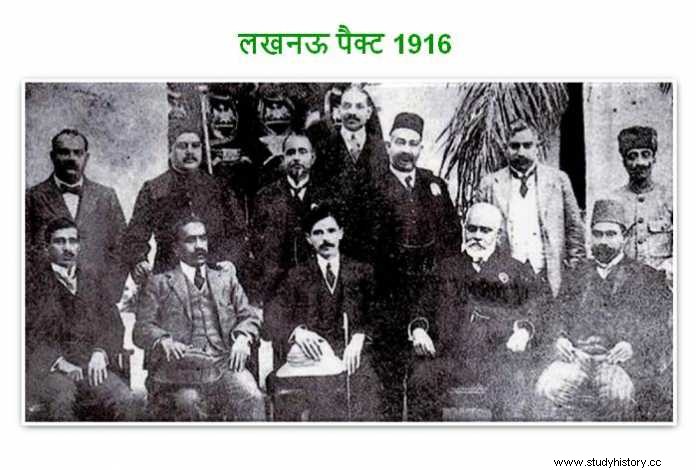
'Pirpur Report' regarding allegations leveled by Muslim League on Congress Published in AD 1939. Similarly 'Sharif Report' to clarify the faults of Congress rule in Bihar was published. In 1939, after the resignation of the Congress ministries, Jinnah told the Muslims to celebrate 22 September 1939 as 'Mukti Diwas' Celebrate as the Congress ministries were over.
Diniya Concept
E. In 1940 Rahmat Ali 'Muslim of Islam and threat of Indianness' Published an advertisement titled. In this advertisement, he said that Muslims should try to build a separate nation. Rahmat Ali 'India' 'Diniya' by manipulating the English letters of the word The word was coined which meant- 'A subcontinent waiting to convert to Islam'
Rahmat Ali renamed Bengal and Assam as 'Bangush-e-Islam' Named. This name meant 'Bangush of Islam' , Bangush was a Mughal feudatory of Bengal. Rahmat Ali named Bihar as Farukhistan, Uttar Pradesh as Hyderistan and Rajputana as Moinistan. Moinistan was conceived after the name of Khwaja Moinuddin Chishti. He named Hyderabad as Osmanistan. The Moplah routes of Malabar were named Mopalistan. Apart from these, the Safistan and Nasristan regions were also envisioned.
The non-Muslim areas shown by Rahmat Ali on the map of Diniya (India) appeared to be ineffective and useless fragments scattered all over the Muslim kingdoms. According to Rahmat Ali's imagination, they were born out of conflict with the Muslim state Hindu India and were following the policy of assimilating, converting and conquering this Hindu India.
In 1942, Rahmat Ali wrote another advertisement 'Millat and his mission' According to which it is written in the destiny of India to convert completely to Islam and Muslim domination.
Flood of India-Partition Plans
Various plans were presented for the partition of India. Some proposed, according to Rahmat Ali's plan, that only Punjab, Sindh, the North-West Frontier Province, Baluchistan and Kashmir should be separated from India.
Some people supported the plan of Abdul Latif, according to which Bengal and Hyderabad should be separated apart from the above mentioned provinces and a Muslim state should be established. This state will be the state of all the Muslims of India. After some time Rahmat Ali changed his mind and started demanding autonomous states for Muslims in all the provinces of India.
British government should take prior permission from Muslim League
Impressed by these plans, Jinnah demanded from the Government of India in February 1940 that no further reform plan should be implemented until the prior permission of the League was obtained for it. Till this time the Muslim League had not even passed a formal resolution for a separate country for the Muslims.
While giving a speech in Aligarh on 6 March 1940, Jinnah said- 'Hindu-Muslim agreement can be done only on the basis of equality and not on the basis of Gandhiji's conditions. '
Since this equality could not be available from the western democratic system, he was against the democratic system. His argument was that- 'Islam does not believe in a democracy in which non-Muslims have the right to decide.'
The main reason he gave for not possible for the Hindu-Muslim agreement was that the Muslims wanted to be equal partners in the future administration of India. That is, he was tightening his conditions and twisting the matter and saying in very lax words that there should be an equal number of seats for Hindus and Muslims in the Central and Provincial assemblies of the future Union of India. This demand could not be justified on any democratic basis. Hence the question of any settlement did not arise.
